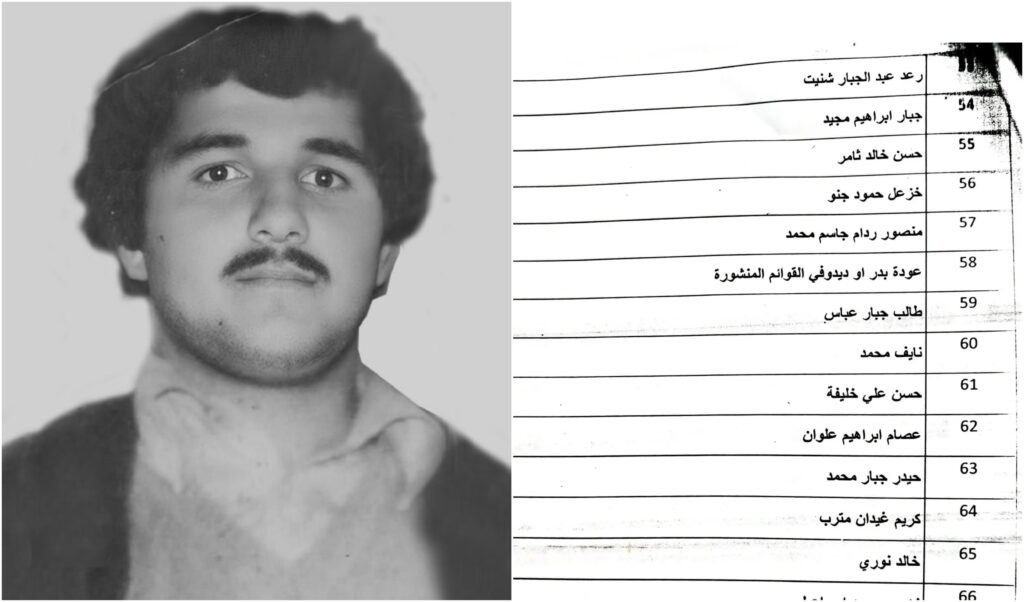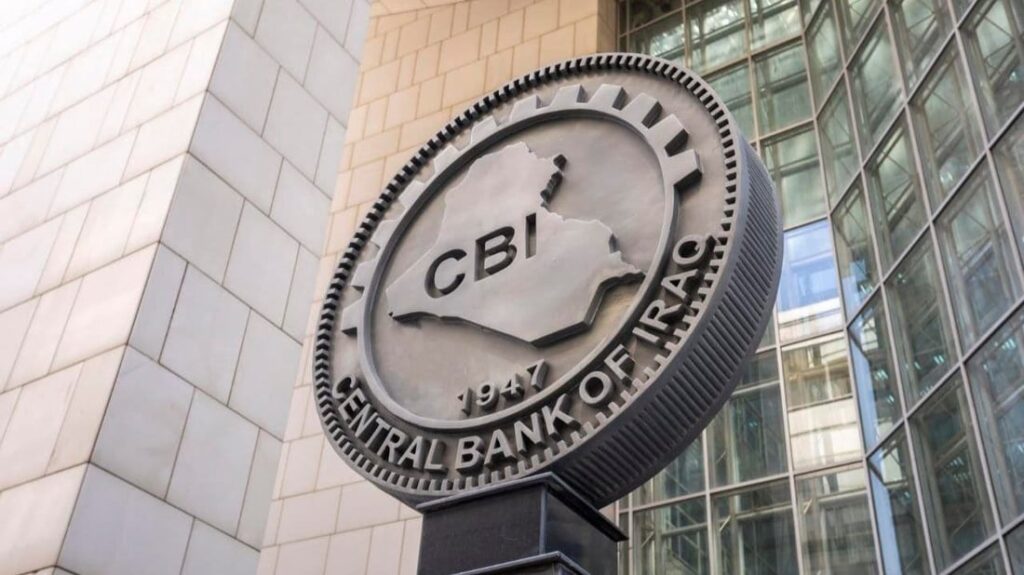World: CrisisWatch December 2019
Global Overview
In December, retaliatory attacks in Iraq raised U.S.-Iran tensions to new heights, compounding Iraq’s political and security woes and presaging further escalation in January. In Syria, regime and Russian forces stepped up their offensive in the north west, and Turkey’s potential deployment of troops in Libya could add fuel to the fire. In Burkina Faso, suspected jihadist attacks and intercommunal violence surged, and in Niger jihadists carried out a major assault against security forces. Boko Haram intensified its attacks in Cameroon’s far north and Chad’s west. Fighting erupted in the capital of the Central African Republic and picked up momentum in the north east, where a battle for the provincial capital looms. In Mozambique, suspected Islamist militants intensified their insurgency in the far north, and an armed opposition faction may follow through on its threat to mark the president’s inauguration on 15 January with attacks on civilians. North Korea threatened to resume nuclear and long-range missile tests; India’s controversial citizenship law sparked widespread protests; and a tide of killings shook the prison system in Honduras. On the positive side, an independence referendum was held in Papua New Guinea’s Bougainville, part of the 2001 peace agreement, and the resolution of a political dispute in Somaliland could open the way for parliamentary and local elections.
In the Middle East and North Africa, the U.S.’s incendiary killing of Iranian General Qassem Soleimani in Iraq early in the New Year followed a month of escalatory strikes between the U.S. and Iran’s allies. Responding to a series of attacks on U.S. assets, including one that killed a U.S. contractor, the U.S. launched airstrikes on the Iran-backed militia Kataib Hizbollah, killing at least 25. Militia members and their supporters protested outside the U.S. embassy in Baghdad, breaking into the compound and setting the scene for further escalation in January. The confrontation compounded Iraq’s own political and security problems: wrangling over who will succeed Adel Abdul-Mahdi as Prime Minister prolonged the country’s political paralysis and security forces continued their deadly crackdown on anti-government protests. In neighbouring Syria, regime and Russian forces intensified airstrikes and a ground offensive in the north west, taking territory from rebels. In Libya, forces answering to Field Marshal Khalifa Haftar made some advances in their campaign to take the capital Tripoli from the UN-backed Government of National Accord (GNA). Turkey’s potential deployment of troops to help the GNA could escalate fighting in coming weeks.
In Africa, suspected jihadist attacks and intercommunal violence surged in Burkina Faso’s east and north, and in neighbouring Niger members of Islamic State’s Sahel affiliate continued to launch attacks against the military in the west near the Malian border, including one that killed 71 soldiers, the deadliest attack against security forces in the country’s history. In the Lake Chad basin, Boko Haram increased the rate and deadliness of its attacks in both the Far North region of Cameroon and in western Chad. In northern Mozambique, suspected Islamist militants also intensified their attacks on civilians and security forces, while a spate of deadly raids against civilian traffic hit the centre of the country; the breakaway armed faction of opposition party Renamo denied responsibility, but threatened strikes in the area on 15 January, the day President Nyusi is due to be sworn in for his second term. Violence erupted over informal taxes in Bangui, capital of the Central African Republic, leaving at least 50 dead, and fighting intensified between armed groups, especially in the north east, where a fierce fight for the provincial capital Birao is imminent. Good news from Somaliland, where the ruling and opposition parties resolved their long-running dispute over the composition of the electoral commission, opening the way for delayed parliamentary and local polls.
In Asia, North Korea threatened to resume nuclear and long-range missile tests, placing the blame on the U.S.’s continued “hostile policy” toward the DPRK. During the Workers’ Party conference on 28-31 December, Kim Jong-un warned that Pyongyang will soon possess a “new strategic weapon”. In India, a controversial citizenship law sparked protests across the country, leading to deadly clashes with security forces that left dozens dead, including at least nineteen in Uttar Pradesh. In Papua New Guinea, the autonomous region of Bougainville successfully held a non-binding referendum on whether to become independent of the national government. The vote, which had been delayed twice in 2019, was part of the 2001 Bougainville Peace Agreement, which ended ten years of conflict over revenues from mining and its environmental impact. Residents voted overwhelmingly for independence.
In Latin America, a series of killings shook the penitentiary system in Honduras, prompting President Hernández to impose a state of emergency in prisons. Unidentified assailants killed both a high-profile lawyer and the director of El Pozo jail, and mutinies broke out in several prisons, leaving dozens of detainees dead.



